Can a Spayed Cat Nurse Kittens? Should They Even Try?
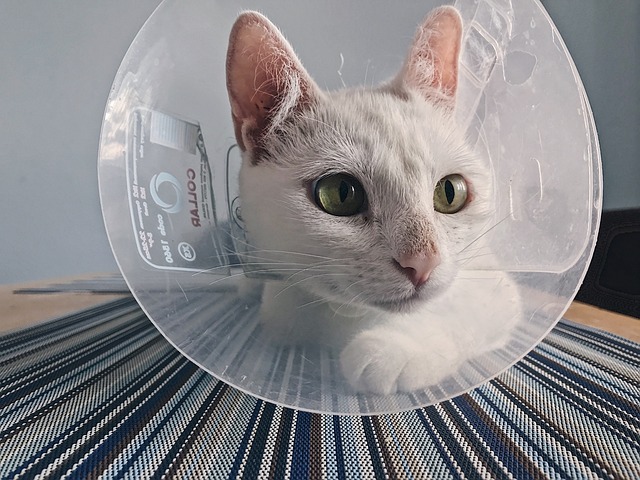
Let me know if you agree:
Worried sick about your spayed cat's health with kittens on the way? 🐱
I feel ya.
Your mind may be racing with horrifying thoughts - infections, complications, a whole feline crisis.
But hold on.
Take a deep breath.
We're about to dive into the rabbit hole of spayed cats nursing kittens.
Can it really happen?
Hang tight, my friend, because we're about to separate fact from fiction.
Shall we begin?
Can a Spayed Cat Nurse Kittens?
Here are ten points to help you understand if a spayed cat can nurse kittens:
- Some spayed cats may produce a bit of milk.
- However, it's usually not enough for growing kittens.
- Nursing ability is unaffected by spaying a nursing cat.
- But sometimes it can cause pseudopregnancy and excessive hormone production.
- This leads to lactation even without giving birth.
- To avoid prolonging pseudopregnancy, discourage nursing on objects.
- After spaying, it's common to recommend a flank incision.
- This allows the cat to start nursing again within 12-24 hours.
- Traditional spaying methods are generally safe and effective.
- Milk produced by spayed cats is of low quality and not sufficient.
Always remember that spaying cats helps prevent future pregnancies and controls the stray cat population. 😺
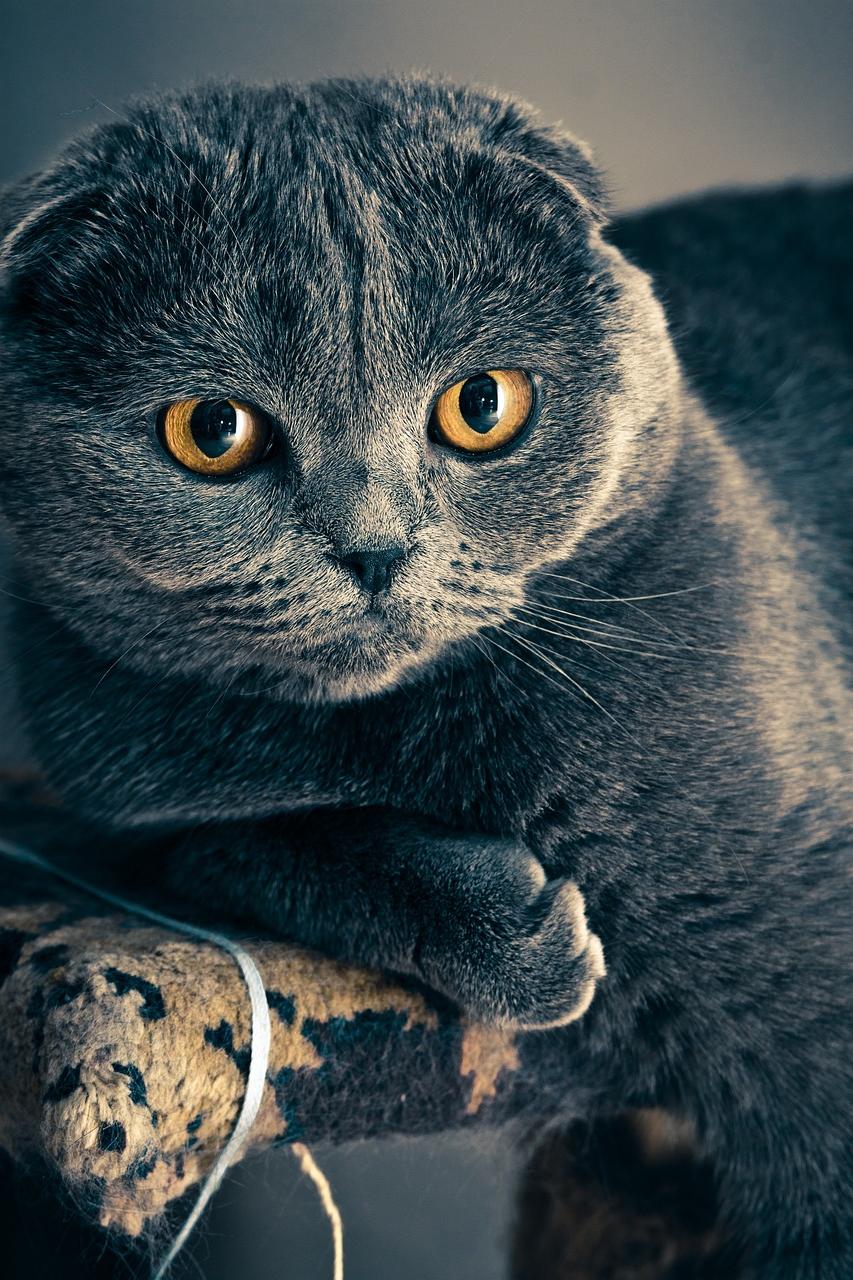
Interestingly, while a spayed cat may not be able to nurse kittens effectively due to low milk production, you might still have questions about whether a nursing cat can get pregnant while caring for her little ones.
For those curious, concerned, or simply interested, I highly recommend checking out Can a Nursing Cat Get Pregnant, my blog post that addresses this common query.
In it, you'll find all the answers you seek and discover how to ensure the health and happiness of your feline family.
Can a Cat That Has Never Had Kittens Nurse?
You won't believe this, but cats that have never had kittens can actually nurse...
I know, it's incredible.
Let me share with you 6 surprising things about nursing cats:
- Even if a female cat has never given birth, she can still produce milk. It's all because of her amazing maternal instincts.
- If a cat forms a strong bond with orphaned kittens, she will happily take them under her wing and nurse them as if they were her own.
- Don't worry about spaying your cat during pregnancy, she can still nurse kittens even after being spayed.
- Sometimes, a grandmother cat can step up and become the primary caregiver for her grandkittens while their mother is weaning them.
- Can you believe that some cats actually allow other cats to nurse on them? It's like they have a nurturing support system going on!
- For the health and development of kittens, it's recommended to keep them with their mother for at least 12 weeks. This allows them to learn necessary skills and build up immunity.
So, even if a cat has never had kittens before, she is still capable of nursing and providing love and care to little ones in need.
Cats truly are remarkable creatures, don't you think?
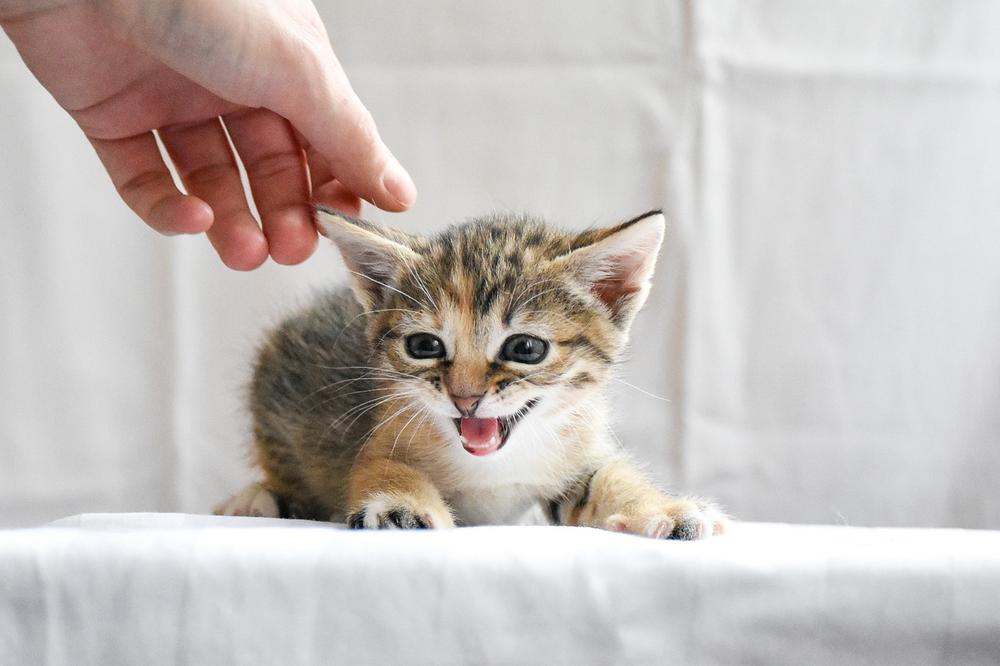
If you're curious about whether a cat can nurse kittens that aren't hers and how to introduce orphaned kittens to a new mother, you'll find all the answers in Can a Cat Nurse Kittens That Arent Hers. It's my detailed guide on this topic.
And here's the deal...
While it's incredible that a spayed cat can nurse kittens, there are important considerations to bear in mind.
In the next section, we'll explore the potential challenges and necessary precautions for ensuring the safety and comfort of both the spayed cat and the kittens.
So, let's dive into the practicalities of nursing behavior and how to manage it effectively...
How to Handle a Kitten Trying to Nurse on a Spayed Cat
So, you've got a spayed cat and a kitten trying to nurse on her?
Here are some tips for handling this situation:
- Redirect their attention: When the kitten tries to nurse on the spayed cat, gently redirect their attention to toys or treats. This helps distract them from nursing behavior.
- Supervise their interactions: It's important to supervise the spayed cat and kitten when they're together. Make sure the cat is comfortable and safe during their interactions.
- Use negative reinforcement: If the kitten persists in trying to nurse, gently push them away or startle them with loud noises. This teaches them that nursing is not acceptable behavior.
- Separate when necessary: If the spayed cat becomes uncomfortable or stressed by the nursing attempts, separate the cat and kitten temporarily. This gives the cat a break and helps discourage the behavior.
- Consider flank or side spay surgery: In some cases, a flank or side spay procedure may be recommended to minimize the risk of infection when kittens massage the incision area.
- Monitor the spayed cat's recovery: After spaying, closely monitor the spayed cat's recovery. Keep her separate from the kittens for a few days to ensure her safety during this period.
- Wean kittens at the appropriate age: Kittens generally begin weaning from their mother's milk around 5 or 6 weeks of age.
- Provide intravenous fluids as needed: Consult your veterinarian about providing intravenous fluids to support the spayed cat's recovery.
You have to make sure both the spayed cat and kittens are safe and comfortable throughout the process.
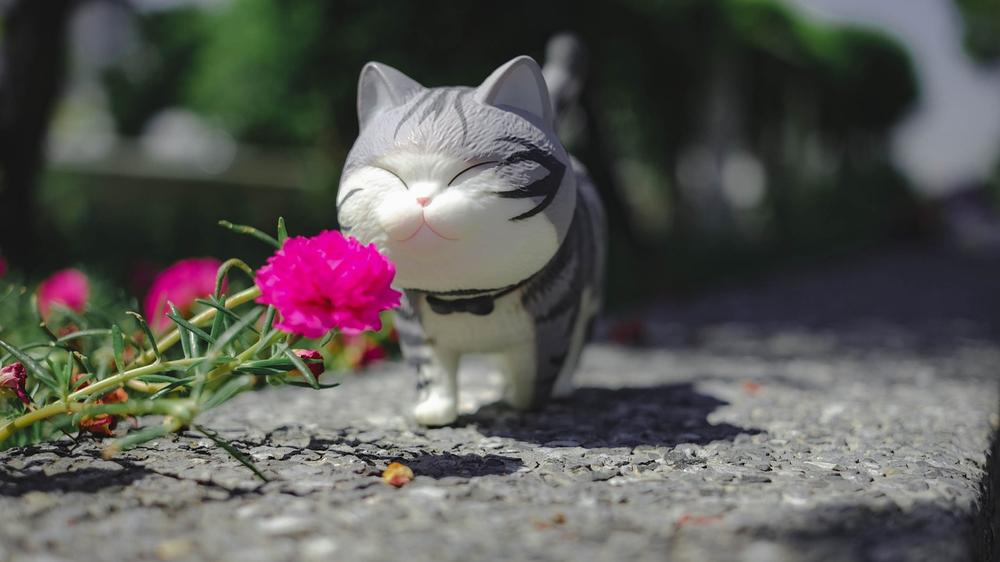
But what happens when a spayed cat encounters a kitten trying to nurse on her?
Can it still trigger the maternal instincts in the cat?
Well, let me tell you, the presence of another lactating animal, even if spayed, can bring out some surprising behaviors...
What Triggers a Kitten to Nurse on a Spayed Cat?
If you have a spayed cat, even if she can't produce milk, it can trigger a strong instinct in kittens to seek nourishment from her. This phenomenon is quite common among cats, where even spayed female mammals may start breastfeeding orphaned kittens.
Kittens may nurse from a spayed mother cat for comfort, especially if they have a special bond with her. The nurturing nature of the spayed cat tends to attract the kittens and prompts them to try nursing.
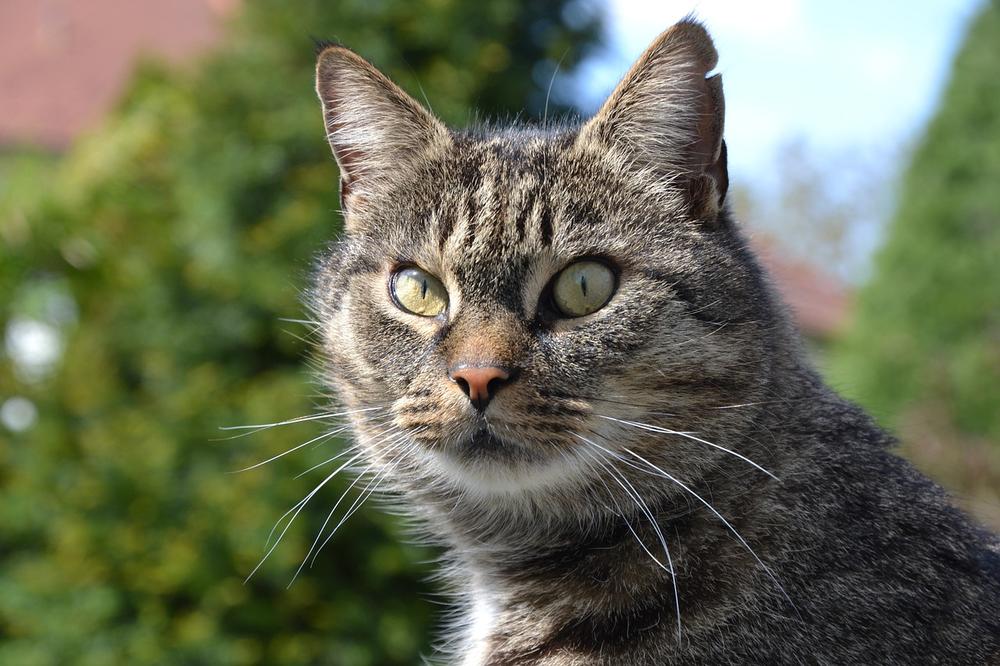
It's crucial that you reunite the spayed cat with her litter soon after surgery.
In some cases, older spayed cats may allow kittens to suckle as a soothing behavior.
Generally speaking, nursing between cats is safe, unless there are visible signs of inflammation or redness.
Before giving birth, female mammals naturally prepare themselves for lactation.
How to Help Kittens that Cannot Nurse on a Spayed Cat
When kittens can't nurse on a spayed cat, there are other ways you can help them get the nutrition they need.
- You can bottlefeed them with milk replacers or special kitten formulas. Ask your vet which ones are best.
- Around 4-5 weeks old, you should gradually introduce solid food and start weaning them off milk. This is important for their development.
- To distract the kittens from trying to nurse, you can use positive reinforcement techniques. Toys or treats can help shift their attention.
- Keep a close eye on their feeding habits to avoid obesity or malnourishment. Follow the recommended portion sizes based on their age and size.
- It's good for the kittens to nurse from their mother for at least 8-12 weeks before being separated for more than 24 hours. This helps with bonding and socialization.
- Don't give them cow milk or milk from other animals. Stick to the mother's milk or approved milk replacers that are specifically designed for kittens' health.
- After spay surgery, warming up subcutaneous fluids can aid in the mother cat's recovery. Consult your vet for the proper way to administer it.
- Wait until the kittens are at least 3 weeks old before introducing milk replacers, as their digestive system needs time to mature. Always listen to your vet's advice on timing.
Making sure the kittens get proper nutrition is crucial for their growth and well-being, even if they can't nurse on a spayed cat.
Alternatives to Nursing on a Spayed Cat for Orphaned Kittens
Supplemental feeding techniques for orphaned kittens
When it comes to orphaned kittens, I want to make sure you know how important it is to give them the right nutrition for their growth. Sometimes, nursing from a spayed cat may not be an option for you, but don't worry!
There are other methods available that can help.
Bottle-feeding and milk replacers
One great way for you to ensure that these little kittens get all the essential nutrients they need is through bottle-feeding. You can buy special bottles and nipples that will make this process easier for both of us.
Isn't it cute that you get to play the role of their foster parent?
It's heartwarming!
And guess what?
You have another option too – using milk replacers. These are store-bought substitutes that imitate the nutritional composition of cat milk.
They have all the necessary vitamins and minerals to help these adorable kittens grow and thrive. There are top contenders in this category such as brands like Nutri-Vet Milk Replacement, Hartz Powdered Kitten Milk Replacement Formula, and PetAG KMR.
Homemade or store-bought milk replacement formulas
Sometimes, making something at home can work just as well as buying it from the store.
So if you ever find yourself unable to nurse from a spayed cat or if you can't find commercial formulas easily, don't worry.
I'll show you how to create your very own milk replacement formula using ingredients like kitten milk replacer, water, and other approved additives.
Just ensure to consult with a veterinarian for guidance on the amount and frequency of feeding when using homemade or store-bought milk replacements.
So, now it's in your capable hands to take care of these precious orphaned kittens.
With confidence, you can nourish them and ensure their growth and well-being.
Last word
- Spaying a cat does not impact her ability to nurse kittens.
- Encourage cats not to nurse on objects to prevent pseudopregnancy.
- A flank incision is recommended for spayed cats to resume nursing.
- Maternal instincts remain in spayed cats, but milk production is low.
- Spaying is crucial to prevent further pregnancies and control population.
- Female cats can care for kittens even if they haven't given birth.
- Spaying a mother cat 3-5 weeks after giving birth is safe.
- Discouraging nursing behavior in kittens is important for the spayed cat's comfort.
- Redirecting behavior and providing proper nutrition are crucial for coexistence.
- Close monitoring is necessary after spay surgery to ensure safety.
- Kittens may nurse from a spayed cat for comfort and soothing.
- Ensuring proper nourishment for the kittens' development is important.
- Introduce solid food and wean kittens off milk gradually.
- Supplemental feeding techniques are available for orphaned kittens.
- Homemade milk replacement formulas and store-bought alternatives are suitable.
And that wraps up today's article.
If you wish to read more of my useful articles, I recommend you check out some of these: Can a Cat Get Pregnant When Not in Heat, My Cat Is Not Eating Force Feeding Your Cat, Cat Giving Birth for the First Time, Pregnant Cat Vomiting, and Can You Travel With a Pregnant Cat
Talk soon,
-Sarah Davis